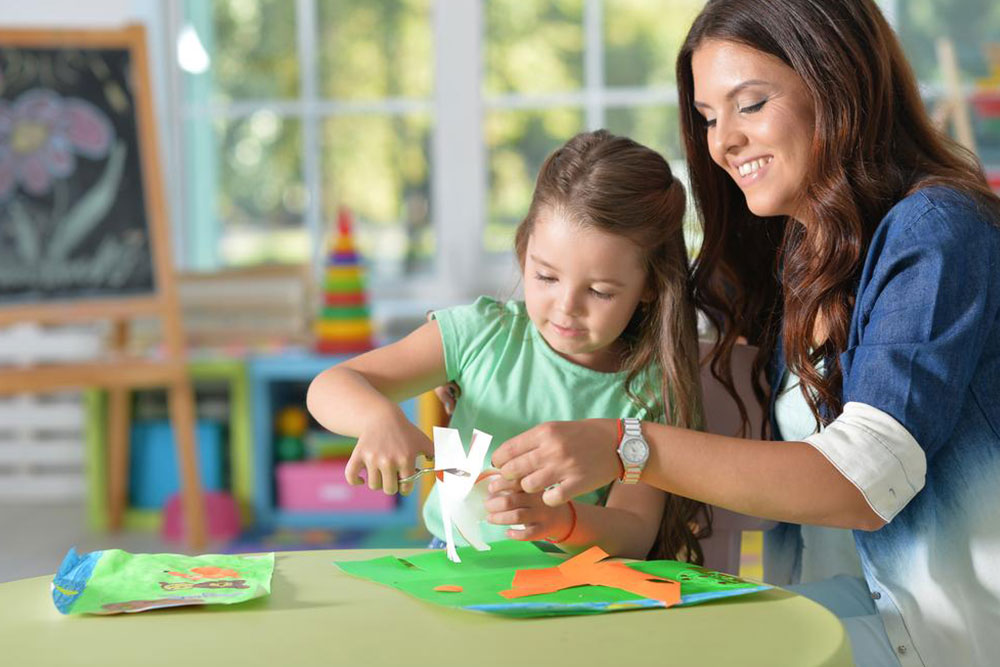Essential Guidelines for New Au Pairs
Discover essential tips for first-time au pairs to successfully integrate into a new family. This guide covers communication, bonding, and maintaining boundaries, helping au pairs navigate their role smoothly and build positive relationships with their host families.
Sponsored

The term "au pair" originates from French, meaning "equal to." Typically, an au pair is a young individual, sometimes without formal childcare training, who moves from another country to live with a host family. In exchange for housing and meals, they assist with child-rearing. The compensation is usually lower than a nanny’s pay, as accommodation and food are provided. The goal is for the au pair to become part of the family and support with childcare duties.
While some families see an au pair as adding to household expenses, they also benefit from significant childcare cost savings. It’s important for au pairs to understand key do’s and don’ts of childcare.
Maintain Clear Communication
Adjusting to a new household requires open dialogue. Communicate your needs politely and choose appropriate times to discuss schedule changes or request days off, ensuring a smooth integration without becoming an inconvenience.
Since every family is unique, observing the household dynamics is essential. Respect family routines, ask permission for outings or time off in advance, and find suitable moments to address your needs.
Participate and Build Bonds
Engage in family activities and social events to foster positive relationships. While integrating into the family, maintain your own social life outside the home to stay balanced and independent, avoiding over-reliance on the host family.
Prioritize Family Needs Over Personal Preferences
Be adaptable and willing to accommodate the family’s schedule. Offer assistance whenever needed, but also set boundaries and communicate your rights clearly. Flexibility combined with respect ensures a harmonious living and working environment.





